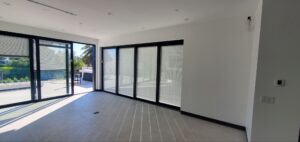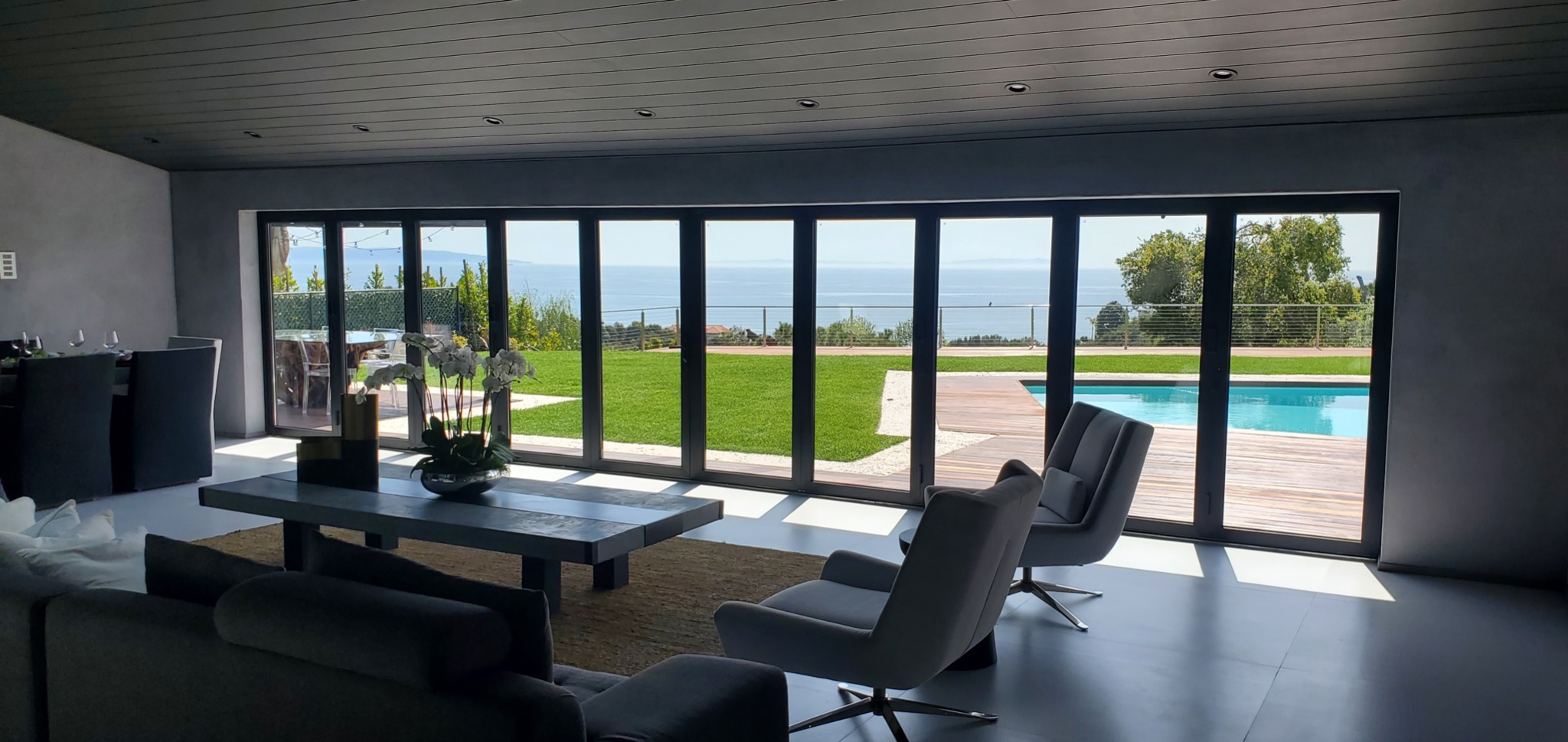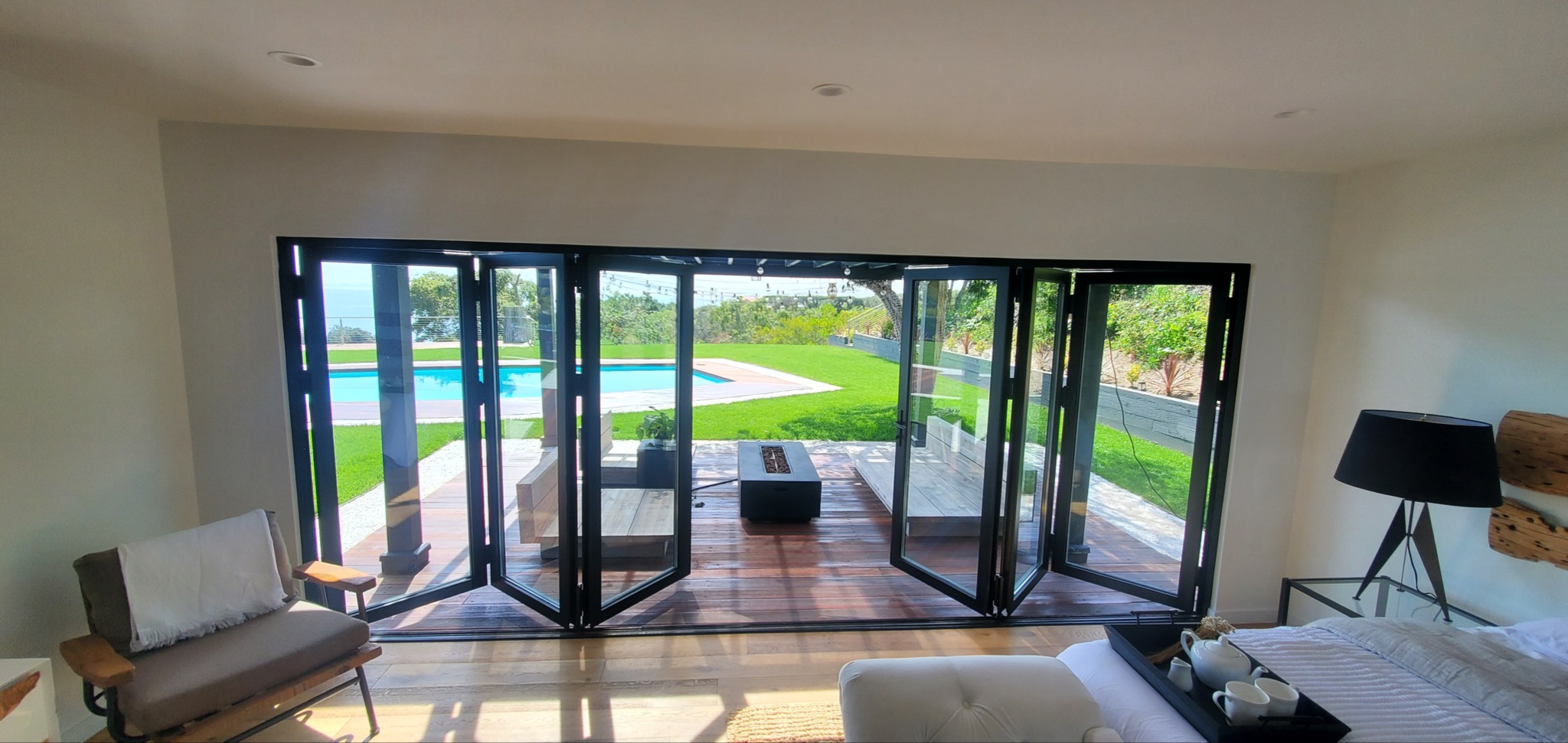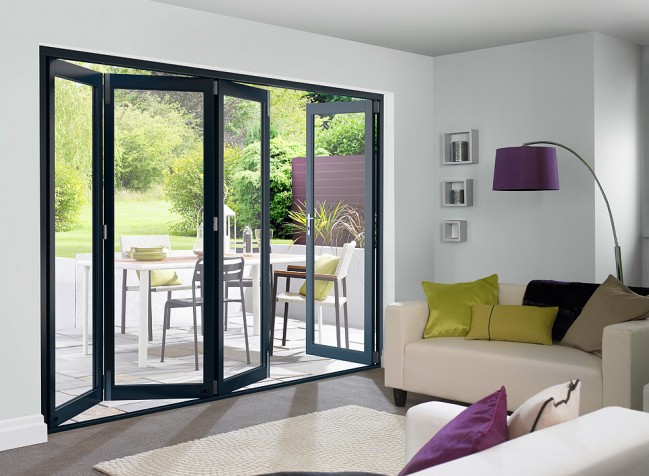
- NO SALES TAX SAVE UPTO $600 (EXCLUDES CALIFORNIA)
- FREE QUOTE ON CUSTOM DOORS
- - FREE 14 DAY SHIPPING -
- 10 YEAR WARRANTY
When it comes to selecting doors for your home or commercial space, energy efficiency is something to consider. In a world increasingly conscious of environmental impact and rising energy costs, investing in products that meet stringent energy efficiency standards is not just a choice but a necessity. That’s where Eris Home Products comes in, offering bi-fold doors that are not only stylish and functional but also Title 24 accredited for U-Factor and Solar Heat Gain Coefficient.
Understanding Title 24 Compliance:
Title 24, part 6, of the California Code of Regulations sets forth comprehensive energy efficiency standards for both residential and non-residential buildings. These standards are designed to promote sustainability, reduce energy consumption, and enhance indoor comfort. For homeowners and builders in California, compliance with Title 24 is not just encouraged but mandatory.
When evaluating the energy performance of doors, two key metrics come into play: U-Factor and Solar Heat Gain Coefficient (SHGC).
U-Factor: This measures how well a door keeps heat inside a building. The lower the U-Factor, the better the door insulates. Eris bi-fold doors boast U-Factor ratings of 0.30 or better, surpassing the requirements set forth by Title 24.
Solar Heat Gain Coefficient (SHGC): SHGC measures how effectively a door blocks solar heat from entering a building. In climates where cooling is a primary concern, a low SHGC is desirable. Conversely, in colder climates, a higher SHGC may be preferable. Eris bi-fold doors meet SHGC ratings of 0.23 or better, ensuring optimal performance in varying climatic conditions.
Unparalleled Energy Efficiency: With U-Factor and SHGC ratings that exceed Title 24 requirements, Eris bi-fold doors are at the forefront of energy efficiency. By minimizing heat transfer and solar heat gain, our doors help reduce reliance on heating and cooling systems, leading to lower energy bills and a smaller carbon footprint.
Enhanced Comfort: By effectively insulating against heat loss and gain, Eris bi-fold doors create a more comfortable indoor environment year-round. Say goodbye to drafty spaces and fluctuating temperatures, and hello to consistent comfort and savings.
Sustainable Design: At Eris Home Products, we’re committed to sustainability. Our energy-efficient bi-fold doors not only benefit homeowners but also contribute to a greener planet by conserving energy and reducing greenhouse gas emissions.
Exceptional Quality: Beyond their energy-saving properties, Eris bi-fold doors are crafted with precision and attention to detail. From sleek aesthetics to smooth operation, our doors are designed to enhance the beauty and functionality of any space.
Experience the Eris Difference: When you choose Eris bi-fold doors, you’re choosing more than just a stylish entrance; you’re choosing sustainability, comfort, and peace of mind. With Title 24 accredited U-Factor and Solar Heat Gain Coefficient ratings, our doors set the standard for energy-efficient design without compromising on performance or style.
Elevate your space with Eris bi-fold doors and embrace a brighter, more sustainable future. Contact us today to learn more about our products and experience the Eris difference for yourself.

Bifold doors have become a popular choice in modern homes, thanks to their ability to seamlessly blend indoor and outdoor spaces, sleek design, and versatility.

Bifold and accordion patio doors have gained popularity for their ability to create expansive, open spaces and provide a seamless connection between indoor and outdoor

Measuring for bifold doors might seem daunting, but with a little guidance, it’s an easy process. Accurate measurements are crucial to ensure that your new